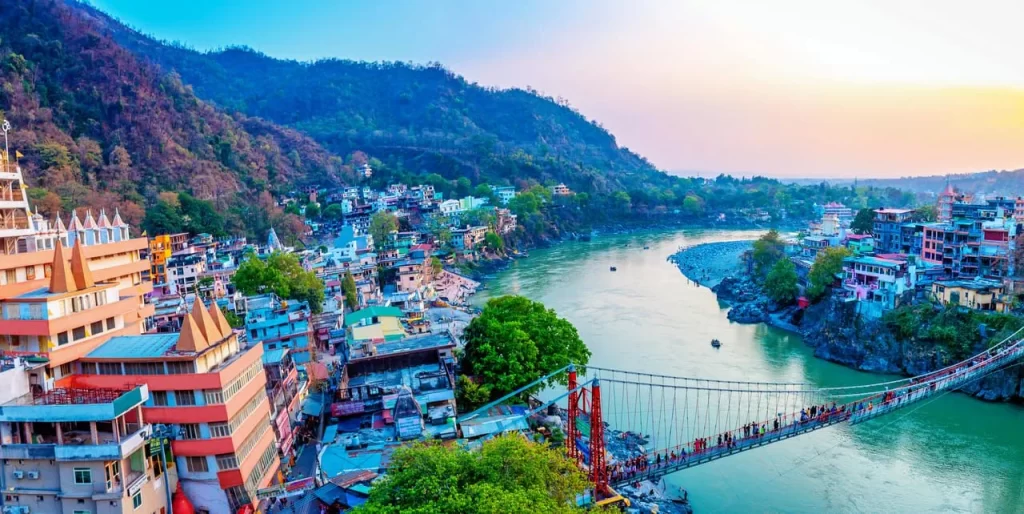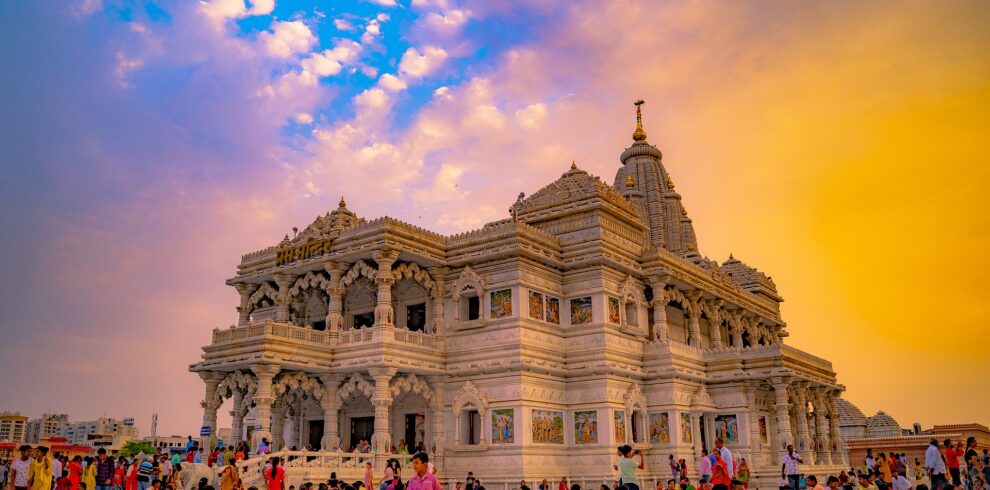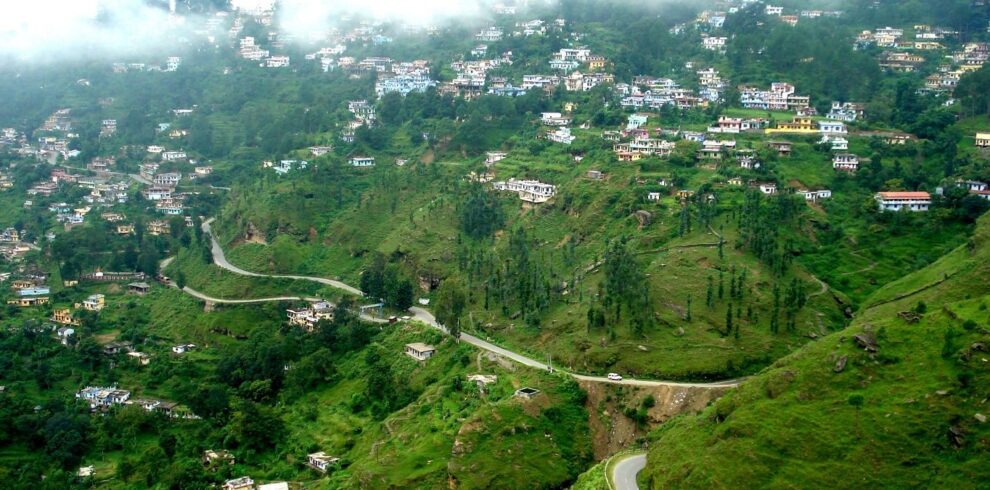Rishikesh boasts a huge community of renowned spiritual leaders and yoga gurus. The Hindus rightfully count Rishikesh among their most holy or sacred places.IAST: “Hṛṣīkeśa” (Sanskrit: हृषीकेश) is a name derived from Vishnu, composed of hṛṣīka meaning ‘senses’ and īśa meaning ‘lord’ for a combined meaning as ‘Lord of the Senses’. The name commemorates an apparition of Vishnu to Raibhya Rishi, as a result of his tapasya (austerities), as Hrishikesha.Rishikesh is one of the most attractive places of tourism. Foreign tourists also come here regularly for the sake of spiritual happiness. The main tourist destinations of Rishikesh include lax hammock, Ram Jhula, Triveni Ghat, Paradise Ashram, Geeta Bhawan etc. Religious place.
Rishikesh, derived from the word Hrishikesh, is another name of Lord Vishnu, who is said to have killed the demon Madhu here. In Sanskrit, Rishikesh means ‘he who has conquered his senses’, rishik meaning ‘senses’ and ish meaning ‘master’The Neelkanth Mahadev Temple is one of the most popular religious sites in Rishikesh. Neelkanth is another name for Lord Shiva and hence, this temple is dedicated to Lord Shiva. It is located at a distance of around 7 kilometers from the renowned Swarg Ashram
Travel is the movement of people between relatively distant geographical locations, and can involve travel by foot, bicycle, automobile, train, boat, bus, airplane, or other means, with or without luggage, and can be one way or round trip. Travel can also include relatively short stays between successive movements.
The origin of the word “travel” is most likely lost to history. The term “travel” may originate from the Old French word travail, which means ‘work’. According to the Merriam Webster dictionary, the first known use of the word travel was in the 14th century.
It also states that the word comes from Middle English travailen, travelen (which means to torment, labor, strive, journey) and earlier from Old French travailler (which means to work strenuously, toil). In English we still occasionally use the words “travail”, which means struggle. According to Simon Winchester in his book The Best Travelers’ Tales (2004), the words “travel” and “travail” both share an even more ancient root: a Roman instrument of torture called the tripalium (in Latin it means “three stakes”, as in to impale).







